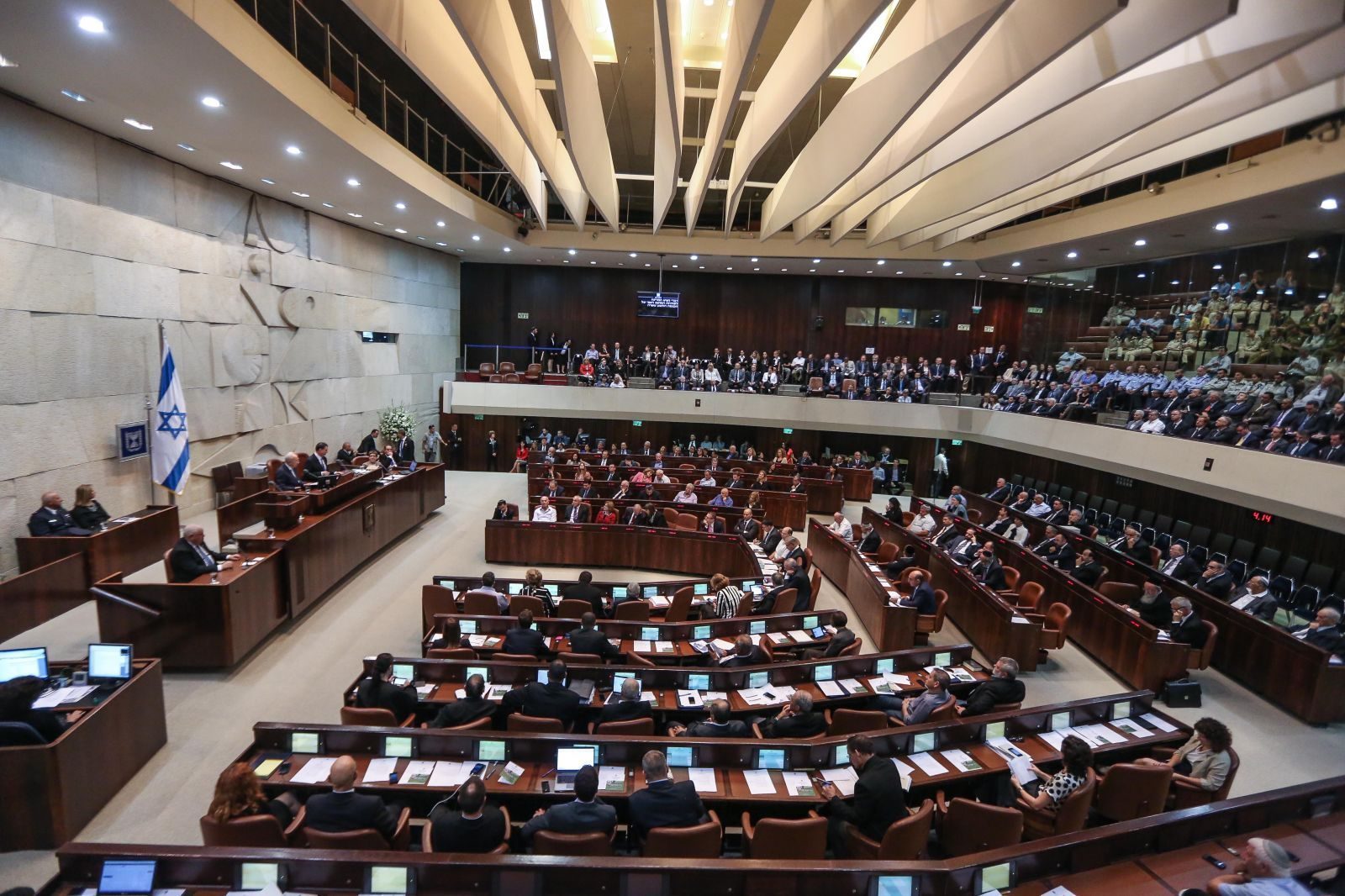
Israeli parliament, the Knesset, on Monday night, adopted a controversial bill by a vote of 57-48 that some critics say unfairly targets left-leaning NGOs.
According to a Knesset statement, the new “transparency law” will require NGOs that are mostly funded by foreign governments to publicly declare themselves as such, according to Anadolu Agency.
Such organizations will also have to state the fact on their websites, in all their public publications, in all their communications with officials, and whenever they appear before Knesset committees
The European Union said on Tuesday an Israeli law targeting foreign-funded NGOs risked undermining democracy and free speech, and a leading Israeli rights group said it would appeal the legislation in the Supreme Court, Reuters reported.
“The reporting requirements imposed by the new law go beyond the legitimate need for transparency and seem aimed at constraining the activities of these civil society organizations,” the European Commission said.
“Israel enjoys a vibrant democracy, freedom of speech and a diverse civil society… This new legislation risks undermining these values,” said the commission, the executive arm of the EU.
Prime Minister Benjamin Netanyahu, whose far-right justice minister sponsored the bill, said the law aimed to prevent “the absurd situation in which foreign countries interfere in Israel’s internal affairs”, without the public knowing.
Most of the Israeli NGOs that receive support from foreign governments are left-wing and many oppose the policies of Netanyahu’s right-wing government toward the Palestinians.
The purpose of the new legislation, according to the Knesset statement, is to identify organizations that serve “outside interests of foreign states while pretending to be a domestic organization concerned with the interests of the Israeli public”.
While the bill was hailed by Justice Minister Ayelet Shaked as a victory for Israeli sovereignty over foreign influence, opposition figures said it would adversely impact the work of organizations that support the most vulnerable segments of society, including Palestinians in the Israeli-occupied territories.
“Let us not be confused: the purpose of this law is the targeted killing of a precise list of organizations that are identified with the left in Israel,” Michal Rozin, a Knesset member for the left-wing Meretz party, asserted.
Before the vote, the Hotline for Refugees and Migrants, an NGO, described the bill as discriminatory, pointing out that it did not apply to funding from private individuals abroad.
The group went on to describe funding by foreign individual donors as the “life source” of Israeli right-wing organizations.
Rightist groups – including those that finance settlement-building – are largely funded by Jewish foundations and wealthy individuals abroad, and will not be affected by the law.
The so-called “transparency bill”, under discussion for more than a year, has previously drawn criticism from the United States and the opposition, with center-left leader Isaac Herzog describing it as indicative of “budding fascism”.
Peace Now, a foreign-funded NGO opposed to Israeli settlements, said the bill was tailored specifically to target only peace and human rights organizations.
“Its true intention is to divert Israeli public discourse away from the occupation and to silence opposition,” it said. “While the law will delegitimize left wing organizations, pro-settler NGOs that receive millions of dollars in foreign donations without any transparency will remain unaffected.”
The group said it would challenge the law’s validity before Israel’s Supreme Court, even though it may not be subject to its provisions since less than half its funding may come from foreign governments in 2017, when the law takes effect.
Other rights groups were equally critical, with the Association for Civil Rights in Israel saying the law was “intended to harm organizations that promote democracy and worldviews” that differ from the governing coalition.
Human Rights Watch condemned the heavy burden and potentially large fines that the law can impose on foreign-funded groups. It said a better approach would have been to require the same level of transparency from all NGOs.



